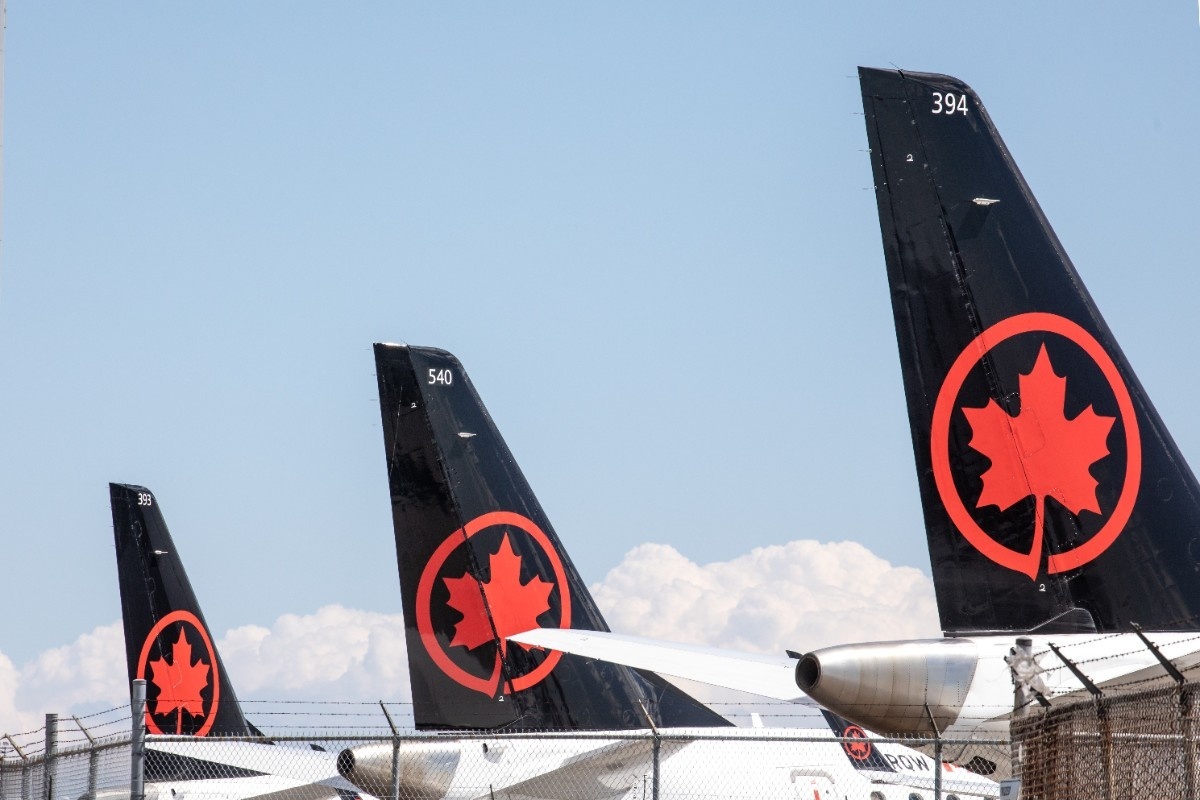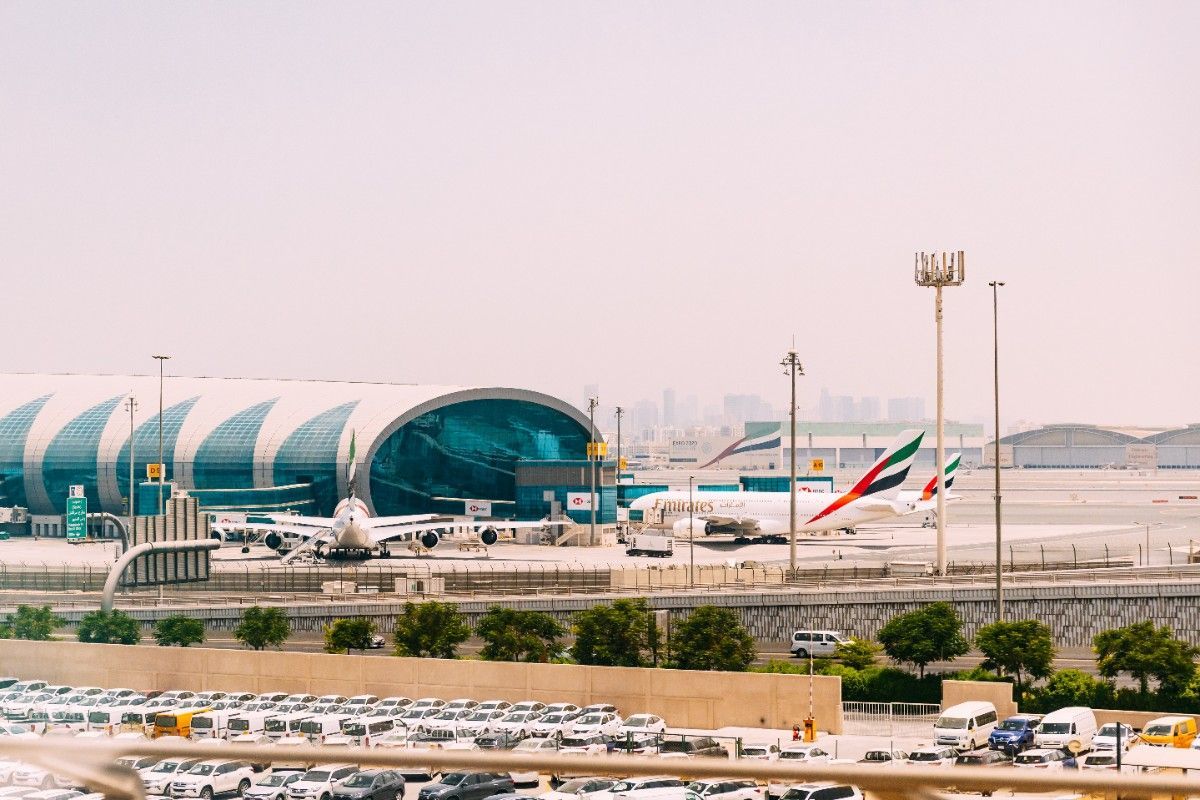Travel irregularities after the storm Isha

In the wake of Storm Isha's ferocious rampage, travelers find themselves grappling with the aftermath of extreme weather. As winds subside and rain recedes, the question on everyone's mind is whether flights, trains, and ferries have resumed normal operations or if disruptions still linger. Let's delve into the current state of travel and explore the challenges faced by those seeking to traverse the storm-stricken regions.
The impact on flights
Air travel, a lifeline for many, took a substantial hit in the face of Storm Isha. Flight delays, filght cancellations, and reroutes became the norm as airlines grappled with the unpredictable weather conditions. While the storm has passed, its echoes still reverberate through the aviation industry. Airlines are working tirelessly to restore normalcy, but the road to recovery is proving to be an uphill battle.
Passengers are advised to stay updated with real-time information from airlines and airports. Many carriers are offering flexibility in rebooking options for those affected by cancellations, acknowledging the importance of empathy during these trying times.
The state of railways
Train services, often touted for their resilience, faced their fair share of challenges during Storm Isha. Tracks submerged in water, fallen trees, and debris on railway lines led to widespread disruptions. As maintenance crews work tirelessly to clear the remnants of the storm, some train services are gradually resuming, while others remain suspended.
Rail operators are urging passengers to check the status of their journeys before heading to the station. With safety as the top priority, delays are expected, but rail authorities are committed to ensuring a smooth transition back to regular operations.
Ferries and sea crossings
For those relying on ferries and sea crossings, the impact of Storm Isha was particularly pronounced. Turbulent waters and unfavorable maritime conditions prompted the suspension of numerous ferry services. While the storm may have abated, maritime authorities are conducting thorough safety assessments before granting the green light to resume operations.
Travelers with ferry reservations are advised to stay connected with ferry companies for the latest updates. The resumption of services is contingent on weather conditions, and operators are prioritizing passenger safety above all else.
The human side of travel disruptions
Beyond the logistics and technicalities, it's essential to recognize the human aspect of travel disruptions caused by extreme weather events. Stranded passengers, anxious about reaching their destinations, face a myriad of emotions – frustration, uncertainty, and, at times, a sense of helplessness.
In these trying moments, the importance of clear communication from travel authorities cannot be overstated. Providing passengers with timely and accurate information goes a long way in alleviating their concerns. Empathy and understanding from travel providers can transform a challenging situation into a shared effort to overcome adversity.
Hope on the horizon
As the storm clouds dissipate, a glimmer of hope emerges on the horizon. The travel industry, known for its resilience, is steadily recovering from the impact of Storm Isha. While challenges persist, the collective efforts of airlines, railway operators, and ferry companies are paving the way for a return to normalcy.
Travelers are encouraged to exercise patience and flexibility during these transitional phases. The resilience of the human spirit, coupled with the dedication of those working behind the scenes to restore travel services, serves as a testament to our ability to overcome adversity.
Storm Isha may have left its mark on travel infrastructure, but the spirit of resilience and the commitment to passenger safety prevail. Navigating the aftermath requires a combination of pragmatism, empathy, and a shared understanding that we are all in this together. As travel services gradually resume, let us approach the challenges with a renewed sense of hope and a commitment to supporting one another on the journey ahead.
Latest posts
Code-sharing flights: What you need to know
Confused by code-sharing flights? Learn what they mean for your rights, refunds, and travel experience in simple terms.
Airline fine print: What you need to know
Learn how airline contracts impact refunds and compensation. Know your rights for delays, cancellations and lost baggage before you fly!
Airline mergers: Do they really benefit passengers?
Airline mergers promise better service but often bring fewer options and higher fares. Here's what it means for passengers.












